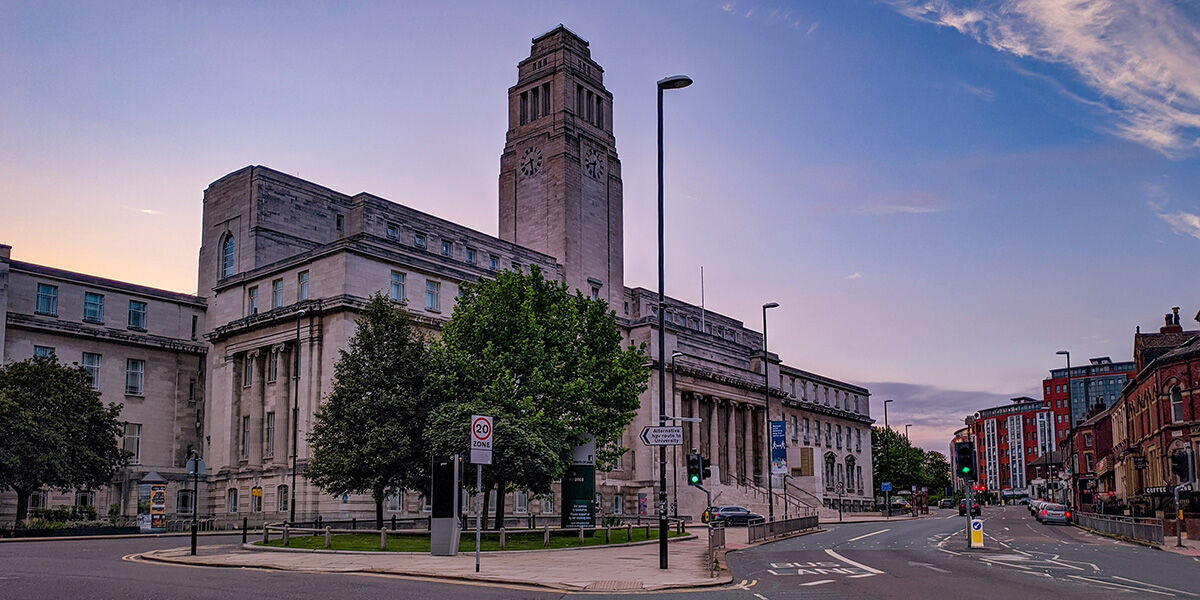Are you interested to understand how the body works, the mechanisms that allow us to function and what goes wrong in disease? Understanding how our body reacts to physical activity is a crucial area of contemporary science.
On this course, you’ll discover how physical activity is vital for leading a longer and healthier life. Exercise can help prevent and treat a wide range of common health problems such as cardiovascular disease, obesity, type 2 diabetes, cancer, arthritis, depression and dementia. Be part of an investigative-based learning experience, informed by cutting-edge research and delivered by world-leading academics.
Your first year will equip you with a broad understanding of the principal body systems, and important hands-on practical experience. Areas of study will include gross anatomy and movement, how the different systems of the body (including the cardiovascular, respiratory, nervous and endocrine systems) allow us to move and function, and how cellular and molecular mechanisms (such as metabolism and electrophysiology) underpin whole-body function. You will explore how physical activity can be applied across a range of settings to inform rehabilitation strategies, improve health and combat disease.
Our focus will be on getting you ready for the workplace. You’ll undertake an independent capstone or culminating research project, bringing together the knowledge, skills and attributes developed throughout your degree.
This integrated Masters (MBiol) gives you an additional year of specialist training. You will study advanced research topics and undertake your own extended research project within one of the major research laboratories in the School of Biomedical Sciences or an appropriate period of work-based practice. You may also choose to apply for our 3-year BSc and transfer to an MBiol up until the end of your second year, subject to suitable academic performance and availability.

